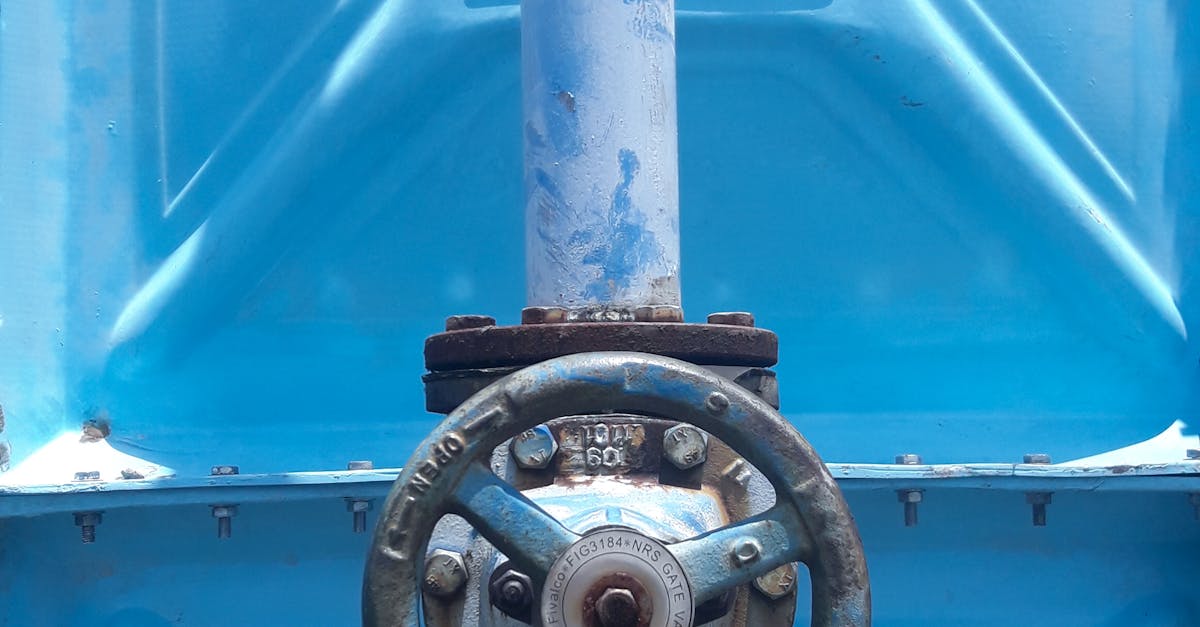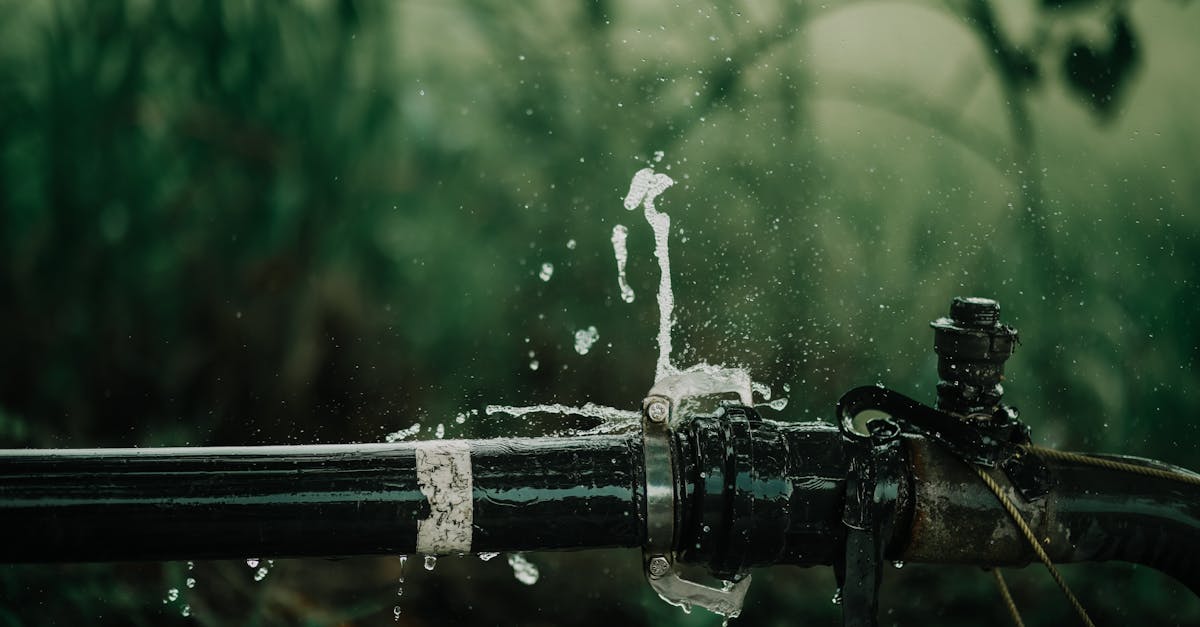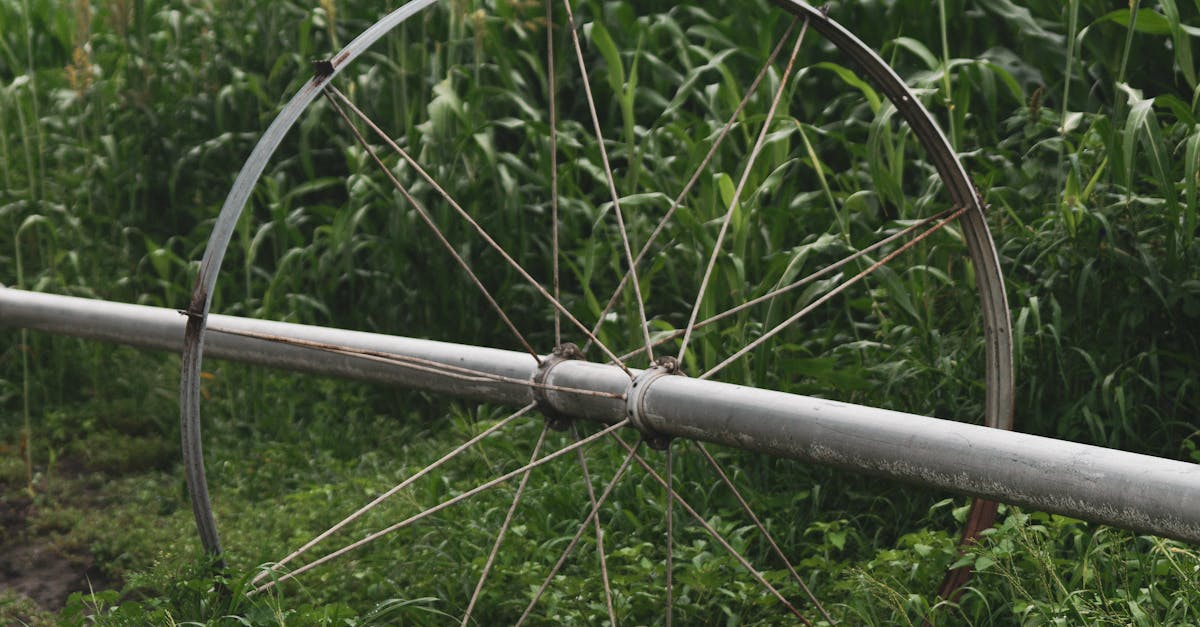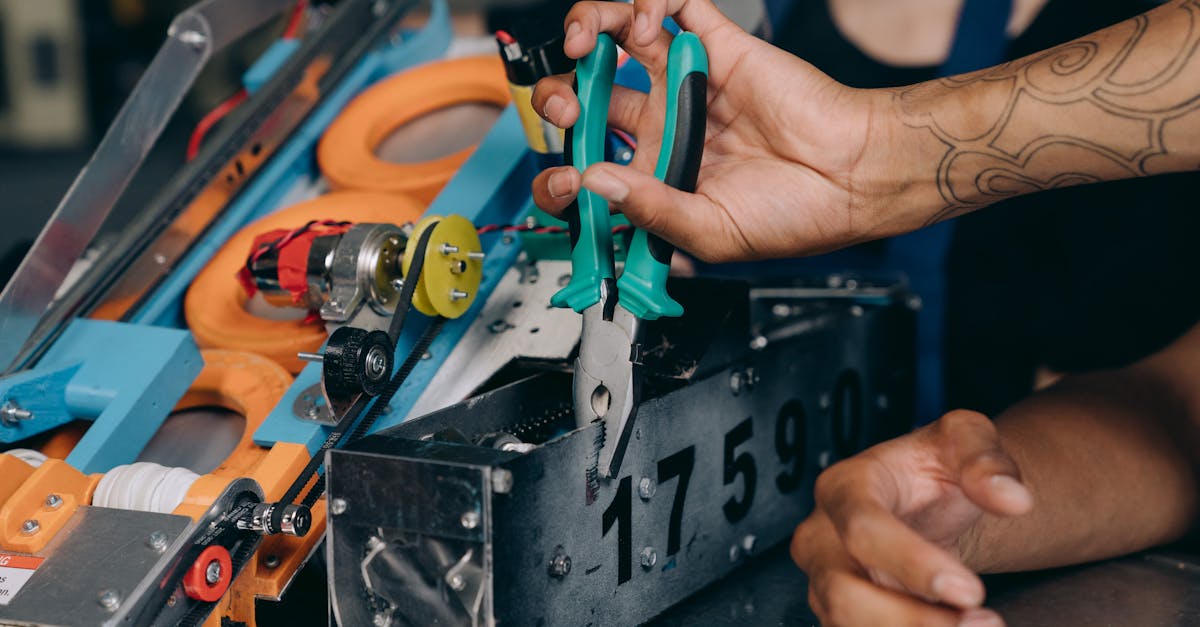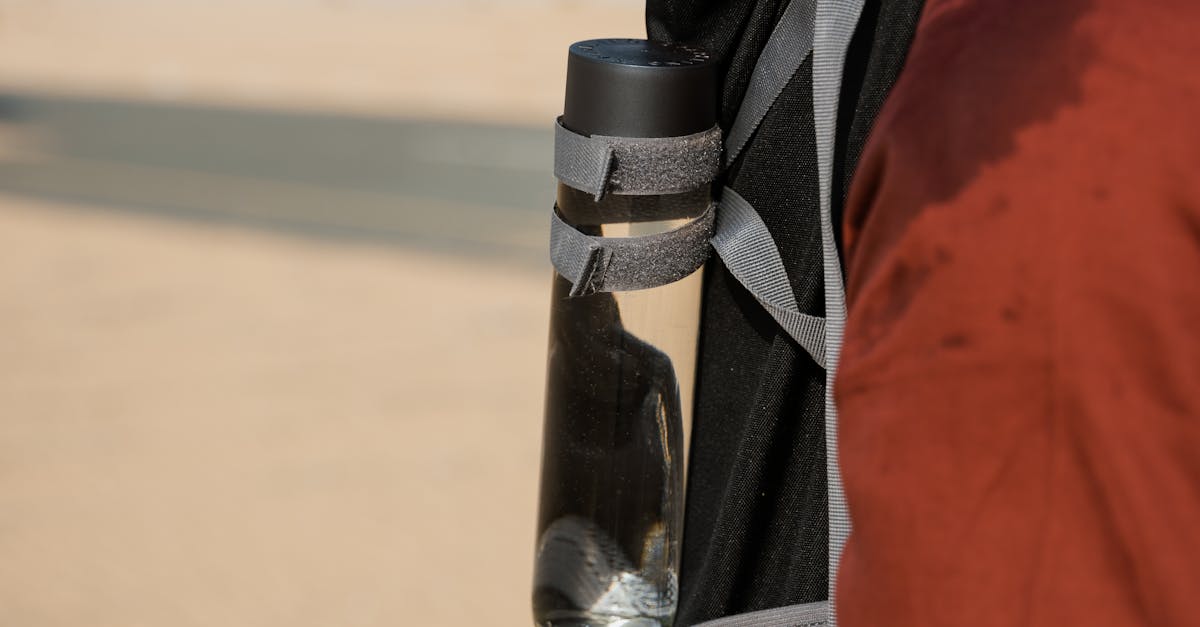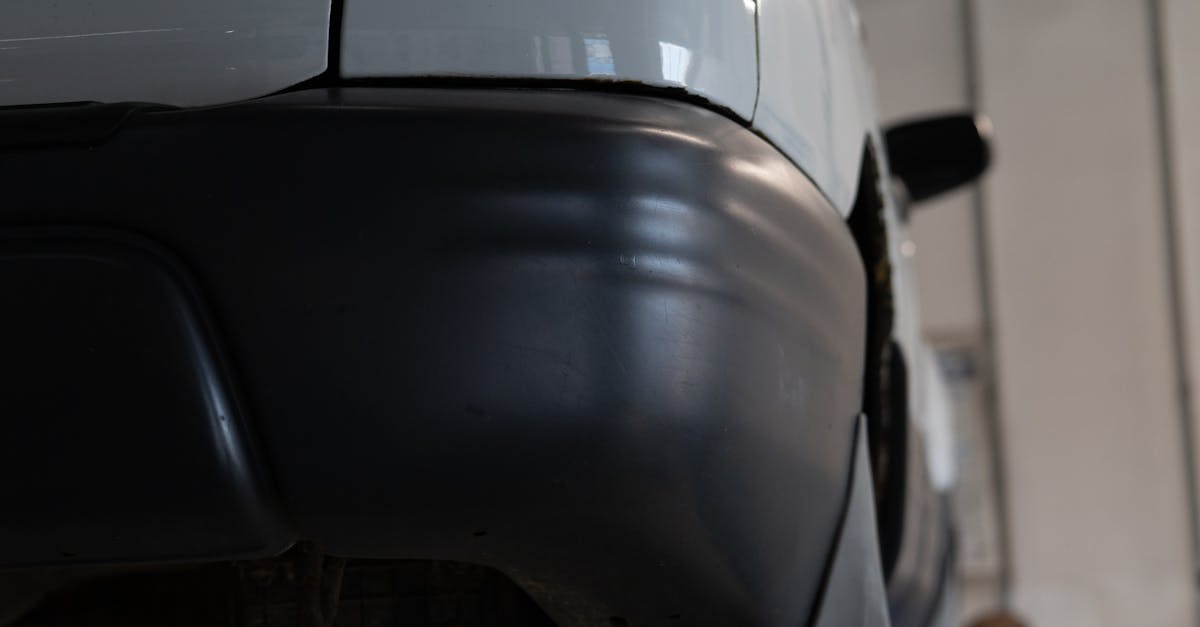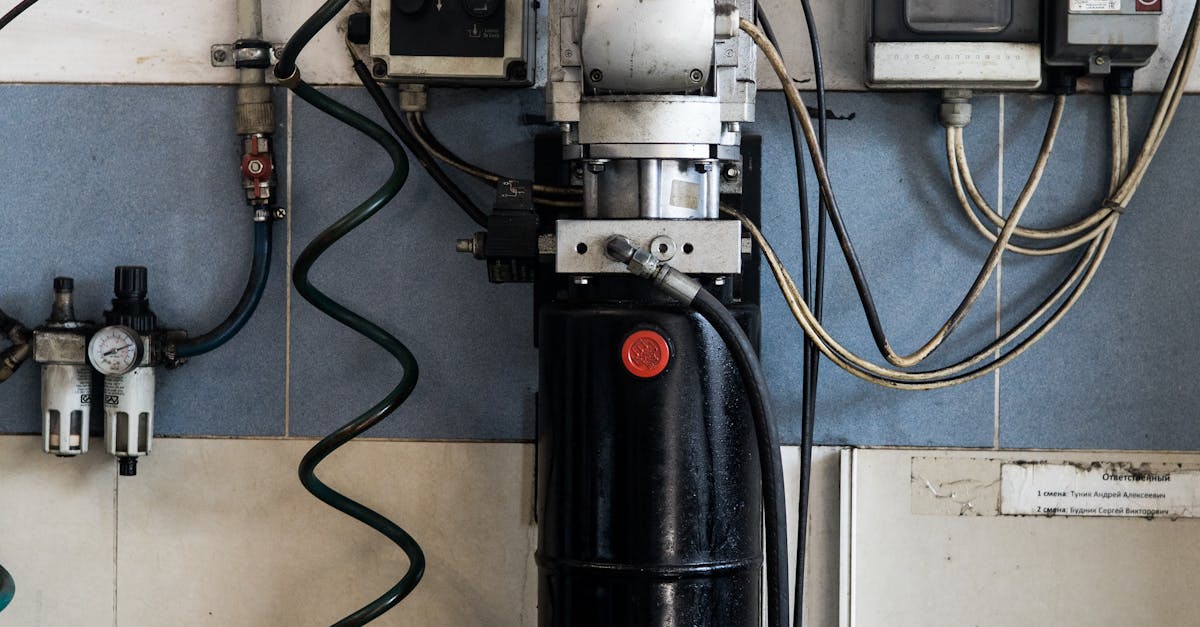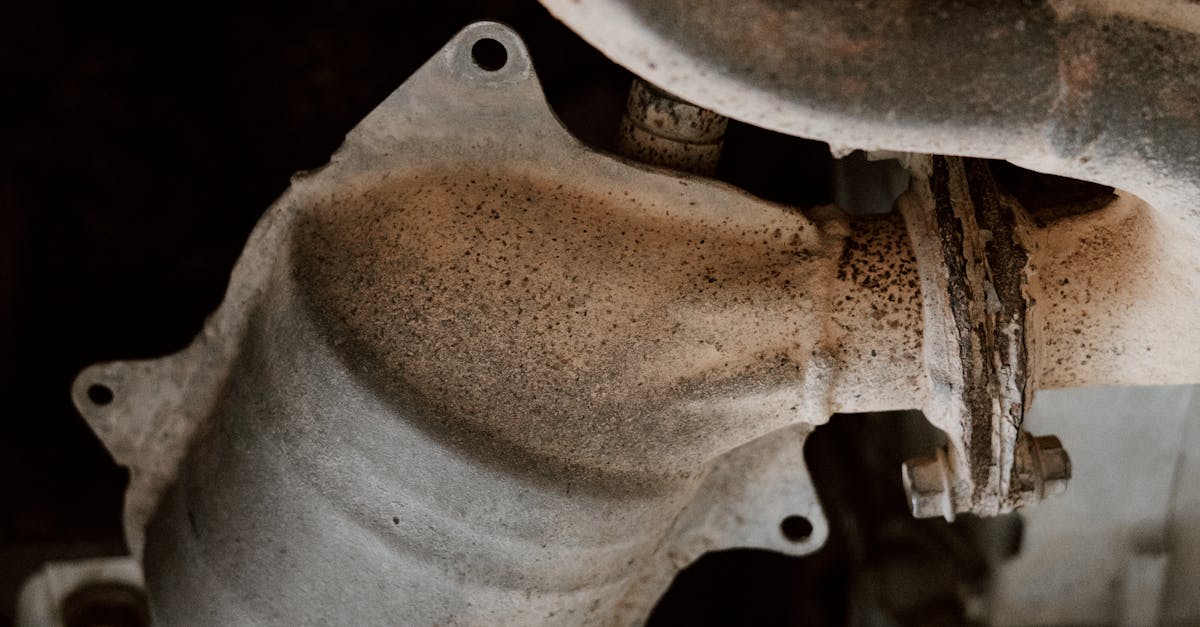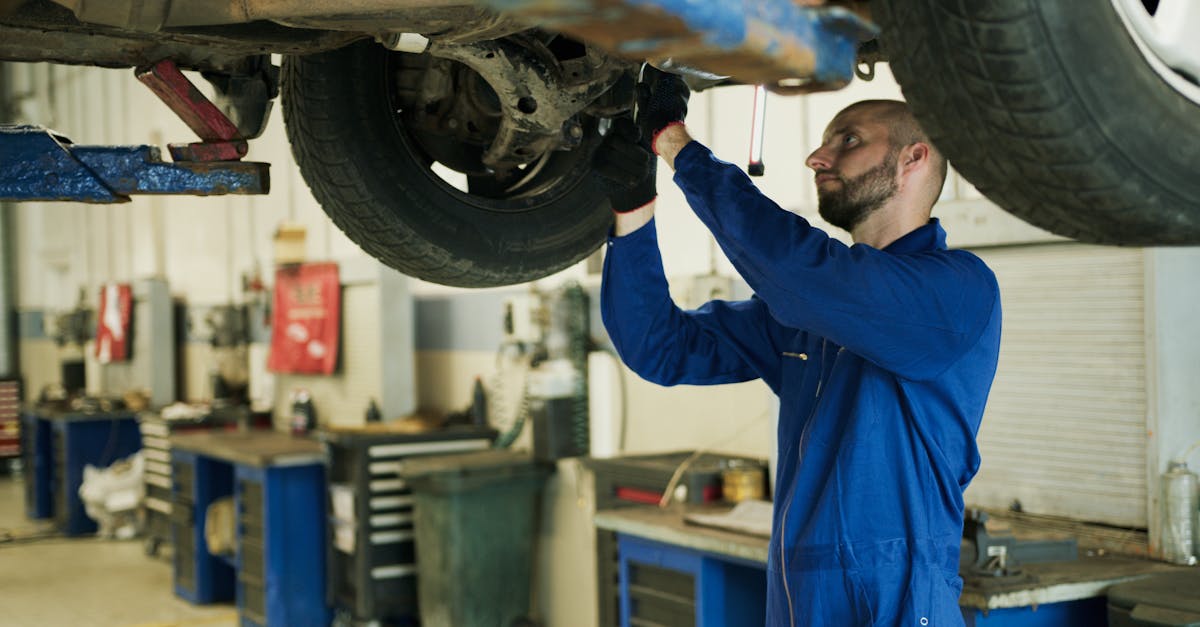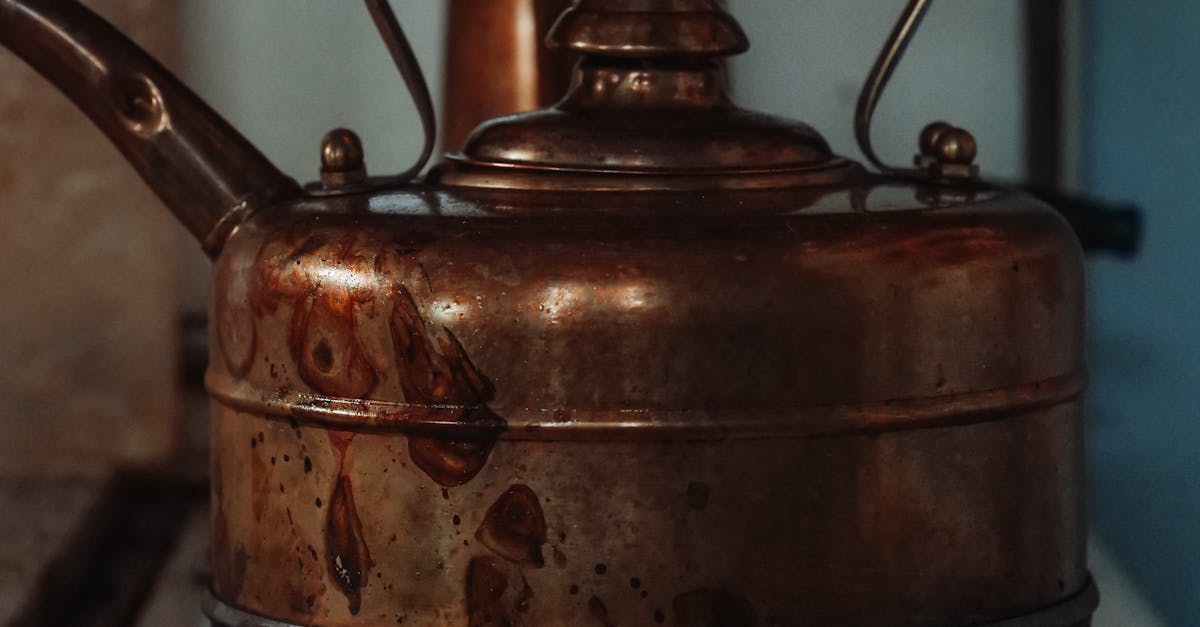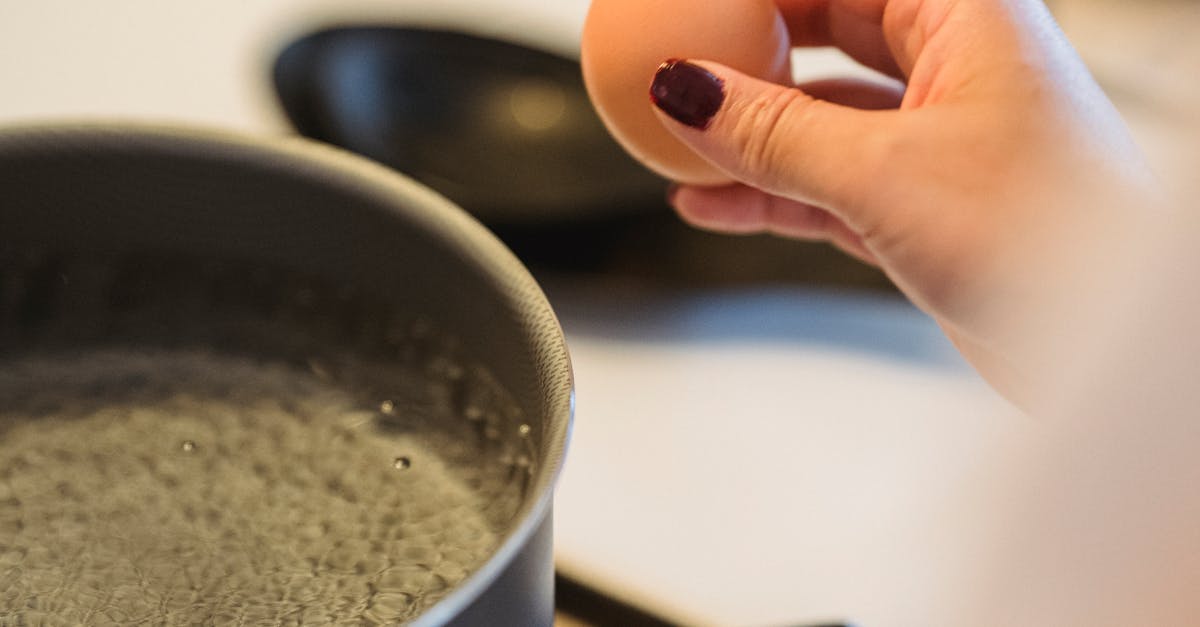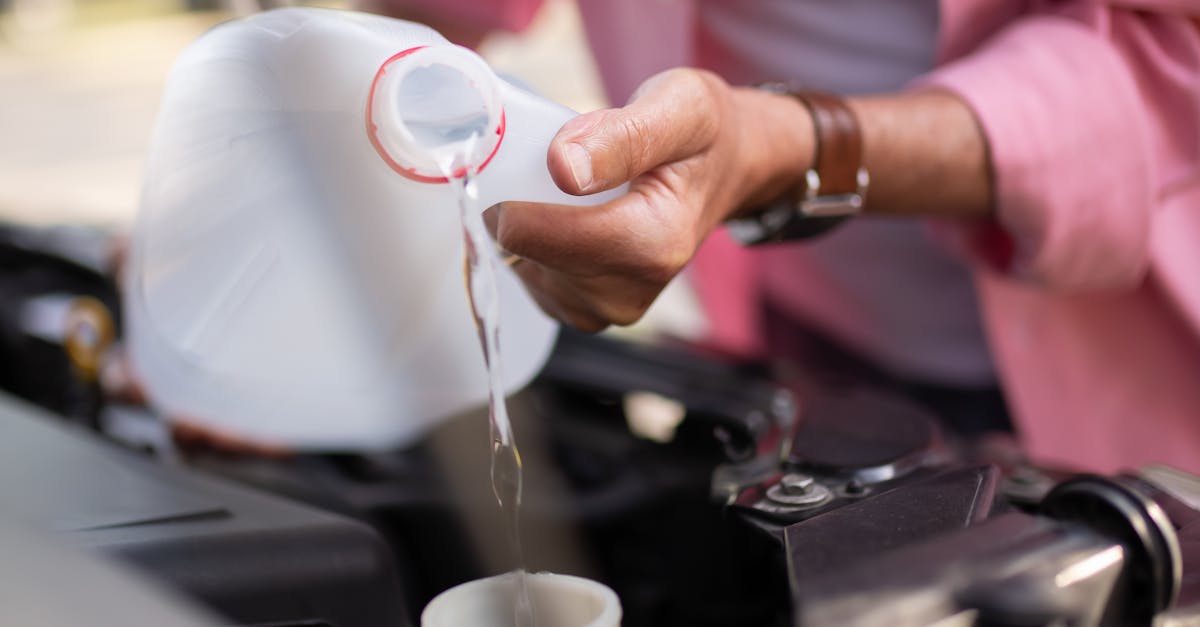
Table Of Contents
Professional vs. DIY Repairs
When considering hot water system repair, one option is to hire a professional. Experts in the field have the training and experience necessary to identify issues quickly and effectively. Their understanding of various models helps prevent common pitfalls that a novice might encounter. Additionally, professionals often provide a warranty on their work, offering peace of mind that if something goes wrong, they will address it at no extra cost.
On the other hand, DIY repairs can be appealing for those who are handy and looking to save money. Many resources are available online to guide individuals through common hot water system repair tasks. However, without the right expertise, mistakes can lead to more significant problems or safety hazards. It is essential to weigh the potential savings against the risks involved, especially considering that some repairs might void existing warranties.
Pros and Cons of Each Approach
When considering Hot Water System repair, the choice between professional assistance and a do-it-yourself approach can significantly impact the outcome. Hiring a qualified plumber or technician ensures that repairs are carried out correctly. Professionals bring experience and knowledge to the table, potentially identifying underlying issues that an untrained individual may overlook. However, this option often comes with higher costs, which can be a deterrent for many homeowners seeking budget-friendly solutions.
On the other hand, tackling a repair yourself can save money and provide a sense of accomplishment. DIY enthusiasts may find satisfaction in handling the job independently, and simple repairs can often be achieved with basic tools and online guidance. The downside lies in the risk of further damage if the repair is not executed properly. In some cases, attempting repairs without adequate knowledge may lead to safety hazards or additional expenses down the line, thus negating any initial savings.
Types of Hot Water Heaters
Hot water heaters come in various types, each with its unique mechanics and energy sources. The most common systems include storage water heaters, continuous flow units, and heat pump configurations. Storage water heaters consist of a tank that holds hot water ready for use, while continuous flow systems heat water on demand, ensuring there is always hot water available. Heat pumps draw ambient heat from the air or ground, making them an energy-efficient option in suitable climates. Understanding these systems is crucial when considering hot water system repair since the approach may differ significantly based on the technology involved.
Another factor to consider involves the energy source that fuels the hot water heaters. Gas-fired heaters typically heat water quickly and may be more economical in terms of running costs, whereas electric models are often easier to install and maintain. Solar hot water systems, which harness sunlight, can lead to reduced energy bills and environmental benefits. When it comes to hot water system repair, recognizing whether the system is gas, electric, or solar will influence the choice of repair methods and potentially the expertise required for effective maintenance.
Understanding Different Systems
Hot water heaters come in various types, each with distinct mechanisms and maintenance requirements. Common systems include storage tanks, continuous flow, and heat pump models. Understanding the specific features of your hot water system is vital for determining appropriate repair methods. Knowing whether your unit relies on gas or electricity can also influence the decision-making process when considering hot water system repair.
The efficiency and lifespan of different hot water systems can vary significantly. Storage tanks generally have a longer recovery time and can be less efficient than continuous flow systems, which heat water on demand. Heat pumps offer a more energy-efficient option and can be integrated with existing systems for better overall performance. When evaluating hot water system repair, it is essential to assess the age and condition of your unit to make informed choices about repairs or potential replacements.
Warranty Implications
Warranties play a significant role in deciding whether to repair or replace a hot water heater. Many systems come with extensive warranties that cover both parts and labour for a specific timeframe. If the heater is still under warranty, homeowners may find it more cost-effective to opt for authorised repairs, as this can save them money and ensure the work meets the manufacturer's standards. Neglecting to follow warranty guidelines can lead to voiding the warranty, resulting in larger expenses if future repairs become necessary.
When considering hot water system repair, it is important to check the terms and conditions of your warranty before proceeding with any work. Some manufacturers may require that repairs are conducted by certified professionals or at authorised service centres. Attempting DIY fixes on a heater still covered by a warranty could jeopardise protection against defects or failures, leaving the homeowner responsible for all costs. Understanding these implications is crucial in making an informed decision about the best approach to repair.
How Warranties Affect Repair Choices
Warranties play a crucial role in determining how homeowners approach repairs for their hot water systems. Most manufacturers provide warranties that cover specific components for a certain period, often ranging from a few years to up to a decade. Understanding the terms and duration of these warranties can influence a homeowner's decision, especially when the system shows signs of failure. If the warranty is still valid, it may be more cost-effective to pursue repairs under the warranty rather than opting for DIY fixes or hiring a professional.
When a hot water system repair is needed and the warranty is in effect, it can often lead to free or reduced-cost service, provided the repair is due to a covered fault. Conversely, attempting repairs without consulting the warranty policy could void any remaining coverage. Homeowners should carefully review their warranty documents before making repair decisions to ensure they are maximising their benefits while avoiding unnecessary costs.
FAQS
How do I know if my hot water heater needs repairs?
Signs that your hot water heater may need repairs include inconsistent water temperature, strange noises, leaks, or a noticeable reduction in hot water supply. If you notice any of these issues, it's best to investigate further.
What are the benefits of hiring a professional for hot water heater repairs?
Hiring a professional can ensure that the repairs are done correctly and safely. Professionals have the experience and specialised tools to diagnose and fix issues efficiently, which can save you time and potentially prevent further damage.
Can I repair my hot water heater myself?
Yes, some minor repairs can be handled as DIY projects, such as replacing a thermostat or flushing the tank. However, for more complex issues or if you're unsure of what to do, it's recommended to consult with a professional.
What types of hot water heaters are available?
The main types of hot water heaters include tank storage heaters, tankless (on-demand) heaters, solar water heaters, and heat pump water heaters. Each type has its own set of benefits and considerations regarding repairs.
How do warranties affect my decision to repair or replace my hot water heater?
Warranties can significantly influence your decision. If your hot water heater is still under warranty, repairs may be covered, making it more cost-effective to repair rather than replace. Always check the warranty terms before proceeding with repairs.







